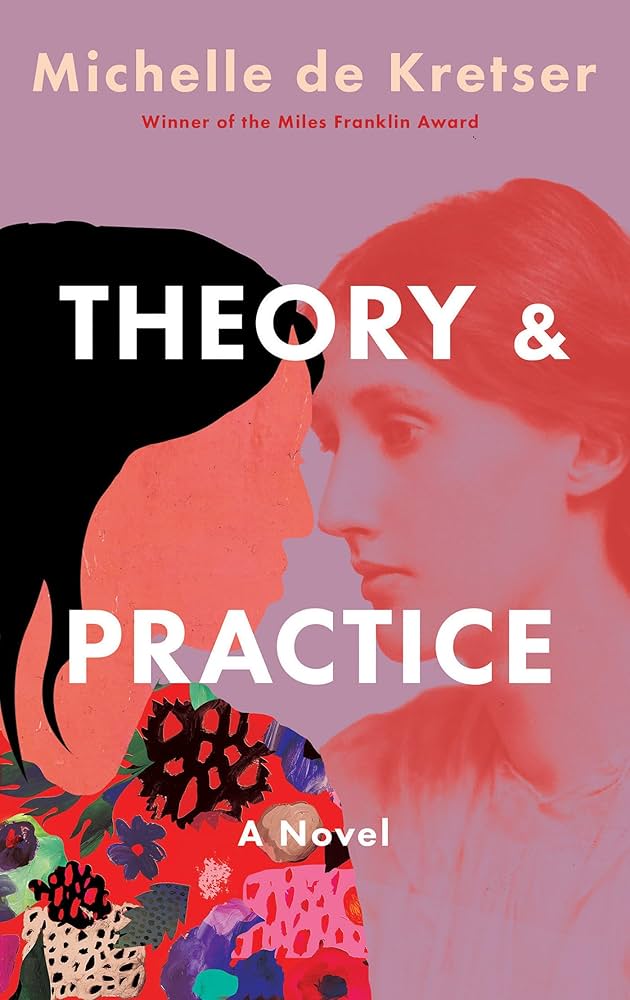Book by GARY ELDON PETER
Reviewed by JIMMY NEWBORG
When I think of what it was like to grow up as a gay boy, I remember a particular kind of longing, a confusion over what to do with, or what might happen to, my heart. Most of us lived our earliest years without role models who think and love as we do, whether we looked to our own families or to TV and movies. As we came of age, for many of us, that confusion lingered but led to surprising, triumphant love once overcome. Gary Eldon Peter’s debut short story collection, Oranges, deftly portrays the life of its protagonist, Michael Dolin, as he navigates this trajectory from a childhood in Mason City, Iowa to adulthood in Minneapolis.
The linked short-story form frees Peter to quilt together the story of Michael’s life without the constraint of an extended linear timeline. The reader meets Michael in “Blankets,” the opening story, as he lies awake at 3 a.m., recalling the names of the Best Actress Academy Award winners since 1973 to combat insomnia. We learn that this counting-sheep tactic stems from his childhood, when he won a book containing the names of all past Oscar winners for guessing that Midnight Cowboy would win Best Picture. The rest of “Blankets” takes place predominantly in present tense, from Michael’s perspective, in the 1980s. He spends his days working as a nurse in a psychiatric home for the elderly, his nights studying for the LSATs, and as much time in between as he can with his partner, Kevin, who is HIV positive, or “seropositive,” the term used at the time. The story focuses on Michael’s relationship with Richard, one of the patients he tends to at the home. Richard does not speak, but his silence provides solace to Michael who, after trying to coax Richard into talking, tells the story of his own life–the stress of his partner’s worsening illness and pressure to do well on the LSATs, for which he’s studying. At the close of the story, Michael rests on Richard’s bed, and wakes up having been gingerly covered with a blanket. This is the only story in the book that focuses on an “in-between” period in Michael’s life. He is young, not yet a lawyer, and it’s early in his first long-term relationship. Yet the story sets the stage for the exploration of his life before and after this time.
Intergenerational relationships, at least Michael’s perspective on people whose age differs from his, crop up throughout the book. In the second story, “The Bachelor,” Michael is a child, who’s intrigued by his next-door neighbor, a middle-aged, single man who spends much of his time tending to his garden. The title of the story is this neighbor’s nickname among local residents. After a neighborhood barbecue, Michael asks his mother why their neighbor was not invited. She makes the excuse that he wouldn’t like the noise of the children playing and that he’s happier “to putter around his yard.”
At this barbecue, Michael meets Sam, a slightly older boy. The friendship is encouraged by Michael’s mother. The first time they hang out together after the barbecue, Sam suggests they spy on The Bachelor, which Michael sheepishly agrees to. Sam enjoys the spying, but even more he likes pushing the seemingly wimpier Michael to do things that clearly make him uncomfortable. “Are you still in, or should I get someone else to do it?” the boy says. This is another experience many of us who grew up feeling different from other boys recognize.
The friend insists Michael continue spying on The Bachelor and take notes while he’s away on vacation. Michael watches The Bachelor and a male visitor kiss at the doorway. The strongest moments in Oranges appear quiet at first, then reveal themselves to be the most dramatic–as Peter brings Michael’s character and perspective to life in only a sentence or two. One example is the night after he sees the two men kiss: “He couldn’t sleep, but it wasn’t just because it was hot. He was thinking about the kiss, and whether he might get to see it again.” There is longing, confusion, the sense of something being awakened that he can’t understand but wishes to return to again and again.
In stories such as the opening “Blankets” and closing “Wedding,” Michael’s parents and upbringing form a spectral backdrop. Gradually, in “Oranges” and “Sun Country,” the parents emerge as main characters alongside Michael.
In the title story, Michael makes regular visits to his childhood home in Mason City to see his mother who is suffering from cancer. The first Gulf War has begun, and the two distract themselves with round-the-clock footage of bombings on television. A particularly disturbing line reads: “On TV, there seems to be a lull in the war, so we’ve turned it off.” During this pause in war coverage, Michael’s mother allows him to place a green turban he’d bought her for Christmas on her head, which is bald from chemotherapy. “I feel like a queen,” she says. “Or at least Elizabeth Taylor.” After this, she recalls doing housework at age thirteen for an elderly woman who paid her in oranges and cigarettes. She is at the house when the woman passes away. Before going for help, she steals a carton of cigarettes and a sack of oranges from the woman’s dresser drawer. “Thank you for telling me, I guess,” is Michael’s surprised response to this mild deathbed confession. Smiling at him, Michael’s mother continues:
“I thought you might understand about secrets. Wanting something for yourself, something to make you feel like somebody. Like when you were a little boy and you used to like to wear my things. Remember?”
“Yes, I do.” Suddenly my face feels hot.
“I wish you could be happy like that again.”
From a previous story, the reader is familiar with a scene from Michael’s childhood where his mother catches him dressing in her clothes and demands an end to that behavior. In “Oranges,” she admits: “I should have just let you be.” Against the backdrop of war and cancer, a mother makes peace with her son. A quiet moment: two people alone in a living room in Mason City, and yet these lines ring with urgency and emotion.
In “Sun Country,” which follows “Oranges,” Michael is visiting his widowed father, who now lives in a trailer park many miles outside of Orlando. Perhaps because he is a man of a certain generation, perhaps because he is not facing cancer, Michael’s father has not fully accepted his gay son, which Michael realizes when he hears the neighbors in the trailer community whisper about him. From snippets of conversations, such as the word “single,” as he and his father eat at a local restaurant, he gleans that his father hasn’t told them he’s gay. The reader (and presumably Michael) remembers how his neighbors had labeled the man next door as “The Bachelor,” a politer term perhaps than some, but one which still categorized the man as someone who did not fit their idea of right and normal, someone who did not belong at block parties.
As they sit together in front of the TV, a documentary about AIDS forces the subject into the room. Michael’s father pretends to distract himself with the newspaper and then:
“Do you miss him?” my father asks from behind his newspaper.
“Kevin?”
“He was your…friend, right?”
I nod. “Do you miss her?”
“I feel like any minute she’s going to come through that door.”
“I know,” I say softly. “I know.
These are people who suffer loss and heartbreak and simply go on living. This is an author who clearly has an intimate yet objective relationship with his characters; he presents them simply. Their relationships are complicated but their lives are not fancy. The boy who wrote bashful, unanswered letters to Janet Lynne, his figure skating idol, to encourage her to keep going after winning bronze rather than gold, is the same man who places a turban on his mother’s bare head and who closes the blinds after his dying lover falls asleep, so the light won’t wake him. He maintains his innocence and empathy.
Although the book covers some 40 years, from the 1960s to 2000s, it does not feel burdened with historical context or some overarching message about the changing of the times. It is simply a life lived. Reading Oranges, we watch a man grow up and change and stay the same, endure losses and victories of the heart, and we feel more whole ourselves for having read it.
Jimmy Newborg writes and lives in New York City. He is a graduate of the Bennington College Writing Seminars MFA program, his fiction has appeared in Little Fiction and drafthorse: a literary journal.





